If 2022 has taught me anything with regard to reading, it’s that I shouldn’t bother with firm reading plans! Over the year, I was a little frustrated that I couldn’t seem to get into my usual reading routine. I also had a sense that some of my reading cornerstones (such as the Goldsmiths Prize) weren’t chiming with me as they usually did. Whether that’s just a blip or a broader change in my taste, I’ll gain a better idea next year.
Whatever the case, I still read some grand books this year. Here is my usual informal countdown of the dozen that have flourished most in my mind:
12. Faces in the Crowd (2011) by Valeria Luiselli
Translated from Spanish by Christina MacSweeney (2014)
My chance to catch up on a book I’ve long wanted to read, and it was worth the wait. A young woman’s life in Mexico City contrasts with her old life in New York, and with the novel she’s writing, and the life of the poet she’s writing about… Different, blurred layers of reality make this such a rush to read.
11. Standing Heavy (2014) by GauZ’
Translated from French by Frank Wynne (2022)
A novel about the changing experiences of Ivorian security guards in Paris, Standing Heavy is intriguingly pared back in its form. Three story-chapters capture the movement of history around the characters, and more fragmented observations deepen one’s sense of the book’s world. This is a short novel with a lot to say.
10. The Sky Above the Roof (2019) by Nathacha Appanah
Translated from French by Geoffrey Strachan (2022)
This was a fine example of how a novel’s brevity can bring a distinctive atmosphere to familiar subject matter. Appanah focuses on a young man who’s been apprehended after a road crash, as well as his sister and mother – all three of them ill at ease with the world. This novel has an intensity that might easily be diluted in a longer work.
9. The Proof (1988) and The Third Lie (1991) by Ágota Kristóf
Translated from French by David Watson (1991) and Marc Romano (1996)
These two novels follow on from Kristóf’s The Notebook: I read them together, and they belong together here. Kristóf’s trilogy tells of two brothers displaced by war. There’s great trauma in the background, but emotions are kept distant. Geography and time are also flattened out, adding to the feeling of being trapped. The trilogy progressively undermines any sense of understanding the truth of what happened to the brothers, and therein lies its power for me.
8. Love (1997) by Hanne Ørstavik
Translated from Norwegian by Martin Aitken (2018)
This novel is about a mother and son who live in the same space yet still in their own worlds. That theme is strikingly reflected in the writing, as the two characters’ stories merge into and out of each other repeatedly. Often, the pair seem closest emotionally when they’re separated physically. The ending is sharp and poignant.
7. The Sons of Red Lake (2008) by Zhou Daxin
Translated from Chinese by Thomas Bray and Haiwang Yuan (2022)
Breaking the run of short, spare novels is a longer one that I enjoyed taking my time over. A woman returns to her childhood village, falls back in love with her childhood sweetheart, and finds her fortunes changing for better and worse. Zhou’s novel explores the effects of tourism and the temptations of power. I found it engrossing.
6. Maud Martha (1953) by Gwendolyn Brooks
Some of the best writing I read all year was in this book. It’s a novel following the life of an African American woman from Chicago. She has aspirations for herself, but the reality turns out to be rather mixed. In the end, I found hope in Maud Martha, as its snapshot structure opened up possibilities beyond the final page.
5. Life Ceremony (2019) by Sayaka Murata
Translated from Japanese by Ginny Tapley Takemori (2022)
I’m not sure that anyone combines the innocuous and strange quite like Sayaka Murata. This story collection is typically striking, using larger-than-life situations to explore basic questions of what we value and how we relate to each other. Perhaps most of all, Murata puts her readers in the position of her characters, so we see them differently as a result.
4. Mothers Don’t (2019) by Katixa Agirre
Translated from Basque by Kristin Addis (2022)
Few books that I read this year made such an immediate impression as this one. Agirre’s narrator tries to understand why another woman killed her children, while trying to come to terms with her own feelings about motherhood. Contradictions abound and nothing is reconciled, and this is what drives the novel – not to mention its vivid prose.
3. Turtle Diary (1975) by Russell Hoban
Russell Hoban was my discovery of the year, someone I know I’ll read again. Turtle Diary is the story of two lonely characters linked only by a wish to set free the sea turtles at London Zoo. I really appreciated the ambivalence of Hoban’s novel, the way that saving the turtles in itself isn’t enough to fill the hole in the characters’ lives. I simply haven’t read anything quite like this book before.
2. Appliance (2022) by J.O. Morgan
I loved this novel exploring the ramifications of new technology. Morgan imagines the development of a matter transporter and, step by step, puts humanity’s relationship with it under scrutiny. What is perhaps most chilling is the way that everything just trundles on, away from the people actually experiencing this technology. Appliance provides a welcome space for reflection.
1. Cursed Bunny (2021) by Bora Chung
Translated from Korean by Anton Hur (2021)
At the top of the tree this year is a story collection that grabbed my attention from the first page and never let go. Some of the stories are strange and creepy, others more like fairy tales. Many are built around powerful metaphors that deepen the intensity of the fiction. It’s all held together by Chung’s distinctive voice, in that wonderful translation by Anton Hur. I look forward to reading more of Chung’s work in the future.
***
That’s my round-up of 2022 – I hope you had a good reading year. Here are my selections from previous years: 2021, 2020, 2019, 2018, 2017, 2016, 2015, 2014, 2013, 2012, 2011, 2010, and 2009.
With that, I will leave you until 2023. In the meantime, you can also find me on Twitter, Instagram, Facebook and Mastodon – and I’ll see you back here next year.
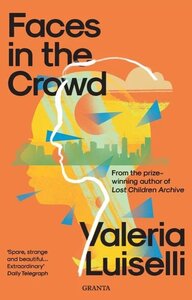
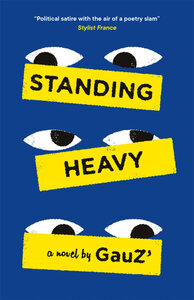
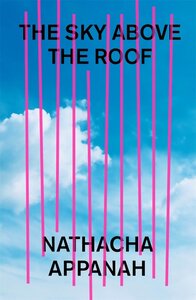

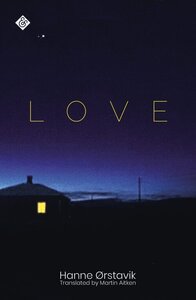
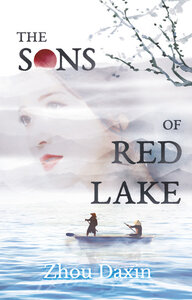

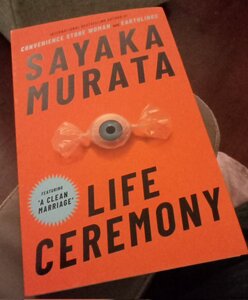
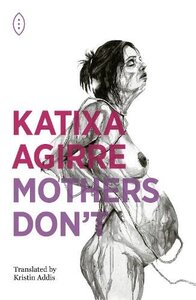
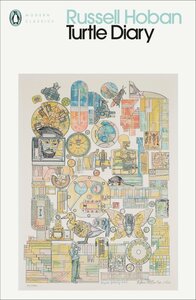

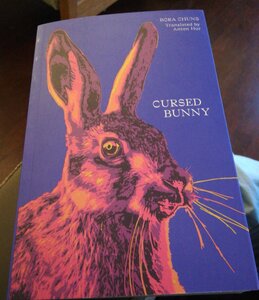

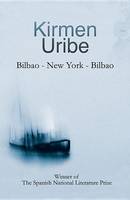
Recent Comments